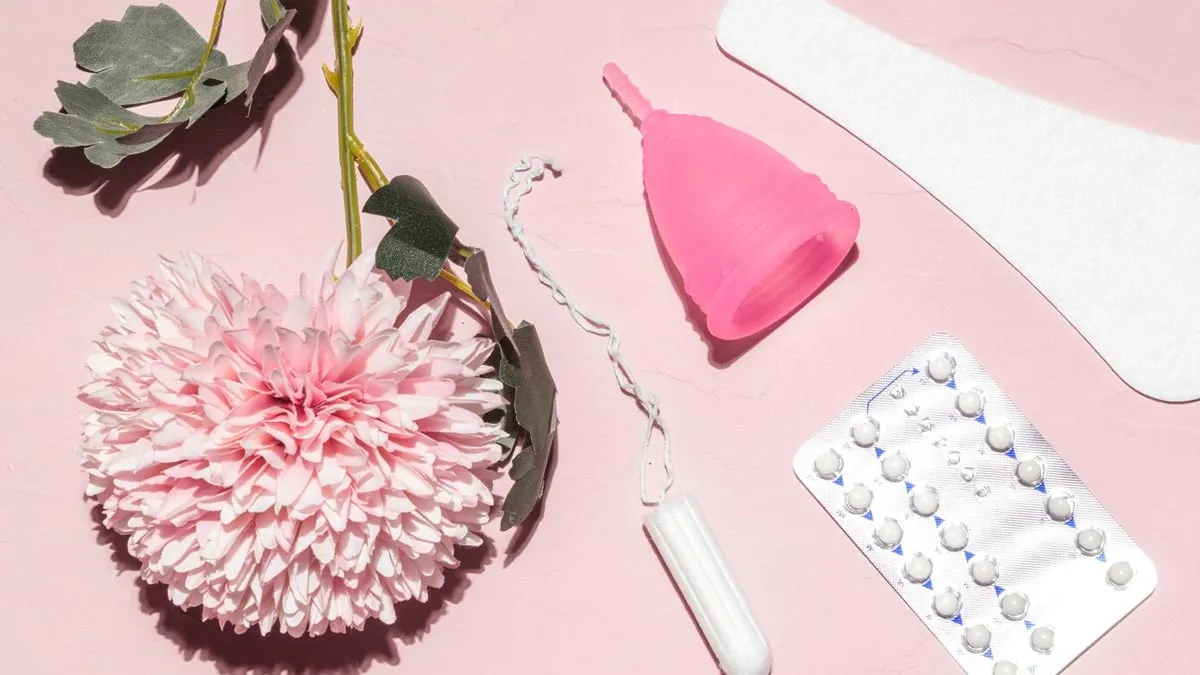
Menstrual health is significantly related to overall health, confidence, and quality of life. However, it is often seen as something to be endured discreetly. On Menstrual Hygiene Day, the discussion must extend beyond access to products and safe facilities.
Table of Content:-
"Today, it has become the need of the hour to develop a culture in which the menstrual experience is supported with care rather than just handled with supplies,” said Mahipal Singh, Feminine Hygiene Expert and Founder and CEO, Revaa. For millions of menstruators, the monthly cycle brings a host of changes: physical fatigue, cramps, disrupted sleep, mood shifts, and cravings.
While these symptoms may be common, they do not have to be tolerated in isolation. Simple routines, such as nourishing food, rest, gentle movement, and basic hygiene practices, can ease discomfort and support emotional balance. When these routines become necessary rather than optional, menstruation becomes less of a disturbance.
Gentle Exercise is Essential

Light physical activity, walking, or yoga can be particularly effective in alleviating cramping and enhancing energy levels. This is because movement helps relax tense abdominal muscles and improves blood flow. It also induces the release of endorphins, which act as natural mood enhancers and painkillers,” added Singh.
Also Read: Period Panties: Safe, Hygienic, Or Overhyped? Here's What The Expert Says
The Untold Perks of Rest
Periods are a signal from the body to slow down, making rest a necessity rather than an option. Prioritising relaxing techniques like meditation and sleep can help in restoring emotional stability and energy. In addition, listening to the body’s signals instead of pushing through exhaustion creates a more respectful as well as balanced approach to menstrual health.
Nourishment and Hydration

“Staying well-hydrated during the menstrual phase helps reduce bloating and supports muscle function, easing discomfort. Warm water and herbal teas, such as ginger, lavender, or cinnamon, can provide additional soothing effects.
On the nutrition front, you can consume anti-inflammatory foods like leafy greens, citrus fruits, nuts, seeds, and dark chocolate. They help reduce cramps and support hormonal balance. Moreover, reducing processed sugars and caffeine also goes a long way in minimising inflammation,” explained Mr Singh.
The Magic of Heat Therapy
A time-tested method for easing cramps is the heat application. “Menstruators can consider using a hot bottle, a heating pad or a warm towel. This targeted warmth approach helps relax abdominal muscles and relieve pain. While it is simple, it is also one of the most powerful tools in any period care routine,” added Singh.
According to the Centers for Disease Control and Prevention (CDC), clean the outer part of your vagina (vulva) and your bottom daily. When using the bathroom, always wipe from front to back, rather than back to front. Rinse your vulva with water only.
Also Read: Why You Shouldn’t Use Scented Menstrual Products
The Non-Negotiable Aspect of Hygiene

Basic menstrual hygiene remains vital for both health and comfort. It is crucial to ensure that a menstrual experience is dignified by regularly changing sanitary products. Additionally, selecting breathable and absorbent sanitary products and having access to private sanitation facilities and clean water are equally vital.
Bottomline
Singh concluded, “Rather than being a luxury, menstrual self-care is a right. On Menstrual Hygiene Day, it’s important to recognise that access, awareness, and agency all play a role in shaping how menstruation is experienced. While structural change is crucial, small, everyday practices can empower menstruators to feel more in control, more at ease, and more supported, one cycle at a time.”
[Disclaimer: This article contains information provided by an expert and is for informational purposes only. Hence, we advise you to consult your professional if you are dealing with any health issue to avoid complications.]
Also watch this video
How we keep this article up to date:
We work with experts and keep a close eye on the latest in health and wellness. Whenever there is a new research or helpful information, we update our articles with accurate and useful advice.
Current Version